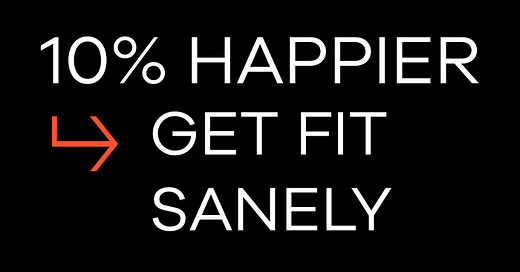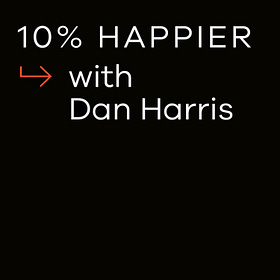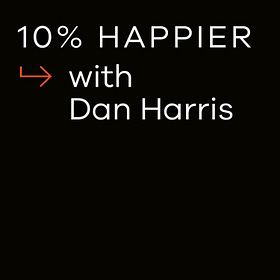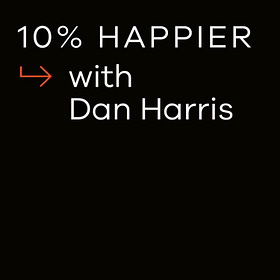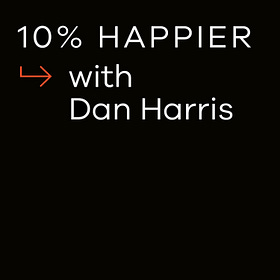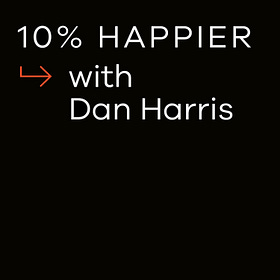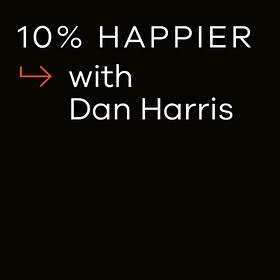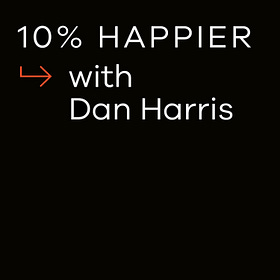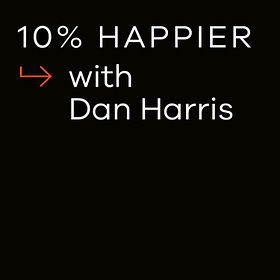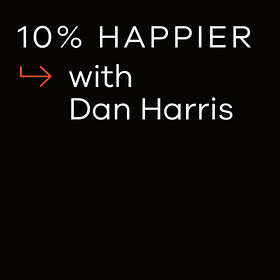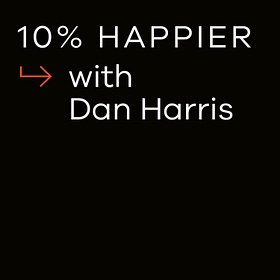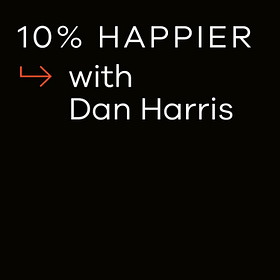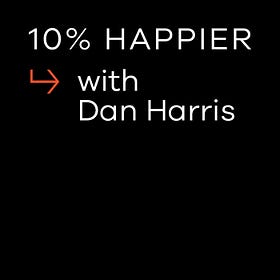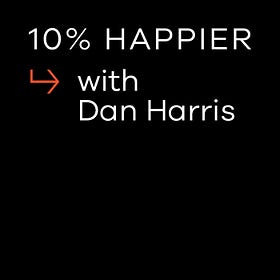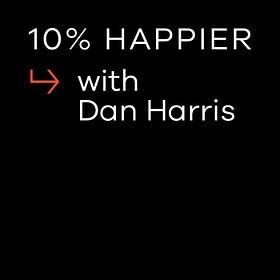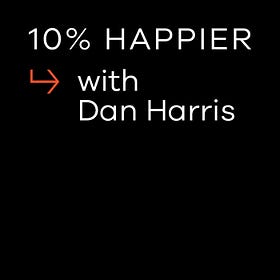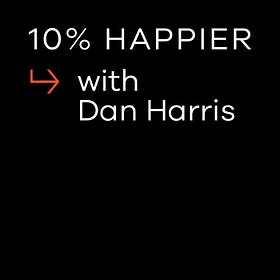Rewire Your Relationship To Food | Brother Pháp Lưu
Brother Pháp Lưu is an ordained monk in the Plum Village tradition started by Zen Master Thích Nhất Hạnh. He’s worked with scientists at Dartmouth College and the Harvard T.H. Chan School of Public Health to develop research on the effect of Plum Village mindfulness practices on children.
The Neuroscience Of Exercise | Wendy Suzuki
Wendy Suzuki is a Professor of Neural Science and Psychology at New York University, where she is also the first Asian-American Dean of the College of Arts and Science. She is the author of two books, Good Anxiety and Healthy Brain, Happy Life.
Can You Get Fit Without Self-Loathing? | Cara Lai
Practical tips to stop judging yourself, chill out about exercise, and start taking better care of your body – from a Buddhist teacher who learned the hard way.
The Buddhist Case For Laziness (And How It Can Make You More Productive) | Brother Chân Pháp Hữu
What if one of the often overlooked keys to being productive is being lazy? That’s the case you will hear made today by Brother Pháp Hữu, a very impressive young zen Buddhist monk.
Weighing The Extraordinary Benefits And Disturbing Risks Of The New Weight Loss Drugs | Johann Hari
On this show, we talk a lot about ways to stop the interpersonal and intrapersonal violence of obsessing about thinness. Today’s episode, though, is a bit of a departure… because this whole dynamic and debate has been deeply disrupted by the advent of Ozempic and other new weight loss drugs, which are technically called GLP1s. This is a controversial and touchy subject, to say the least.
The Last Podcast You Ever Need To Hear About Exercise | Shannon Palus
Five takeaways from a year's reporting on fitness, and why this journalist says it's time to go easier on yourself.
The Science Of Motivation: How To Make Habits That Actually Stick | T. Morgan Dixon and Dr. Gary Bennett
How to overcome inertia and research-backed plans that actually work.
Longevity Secrets (And Controversies) From The Blue Zones | Dan Buettner
Insights from the places on the planet where people apparently live the longest and healthiest lives.
Our Top Takeaways From A Year Of Trying To Get Fit Sanely | Behind The Scenes with 10% Producer DJ Cashmere
How to pursue fitness without succumbing to the “subtle aggression of self-improvement.”
How to Stop Obsessing Over Your Body and Eat Sanely in a Toxic Culture | Virginia Sole-Smith
Plus, provocative and practical ideas about actually enjoying exercise, the real relationship between weight and health, the problem with weight loss, the morality of food, feeding your kids, and who "the real bad guy" is.
The Science of Why You Eat When You're Not Hungry–And How to Stop | Judson Brewer
Dr. Jud breaks down how habits work and how to change them. Plus, insights on stress, boredom, mindfulness, pleasure, satisfaction, and contentment.
Nutrition Advice for People Who Don't Want to Go on a Diet | Rachael Hartley
If you want to opt out of diet culture, then what should you actually eat?
Your Brain on Food | Dr. Uma Naidoo
Most of us have an intuitive sense that there’s a pretty serious link between what we eat and how we feel. Today’s guest is here to explain the science behind that relationship.
An Owner’s Manual for Your Body | Juliet and Kelly Starrett
Kelly and Juliet Starrett are the authors of the new book Built to Move: The 10 Essential Habits to Help You Move Freely and Live Fully. Their book covers 10 tests you can do to assess your mobility “vital signs” and 10 practices you can do to improve those vital signs and make your body work better.
Can You Really Live to 150 Years Old? | Dr. Mark Hyman
Everyone from the Buddha to the Stoics have exhorted us to remember that we’re going to die. So what are we to make of Dr. Mark Hyman? He’s a physician and a student of Buddhism who is just out with a new book, called, “Young Forever.” In it, he argues that your biological age can be reversed even as you grow chronologically older. So we decided to have…
The Science of Longevity | Dr. Peter Attia
Most of us want to stay alive — and healthy — for as long as possible. But how to actually do that, given all the obstacles? What advice should we listen to? How do we find the time and motivation to follow it? And how do we do so without succumbing to what has been called the “subtle aggression of self improvement”?


